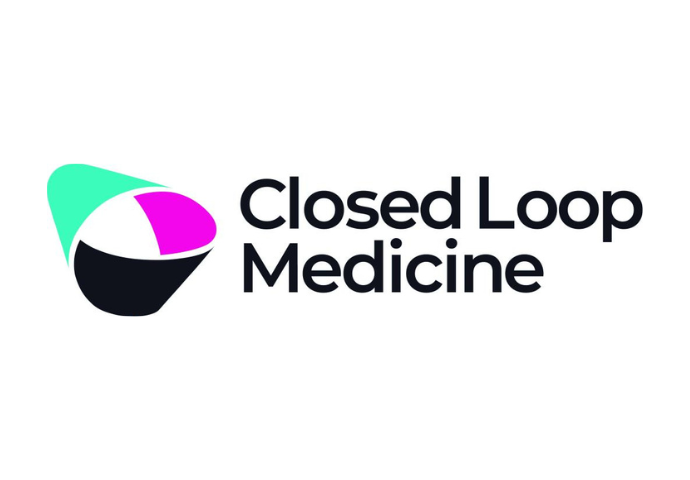- Study published in JMIR validates the feasibility, use and safety of a digital platform for remote, routine monitoring of blood pressure and medication in hypertension patients
- Findings support the use of the Company’s combined drug + digital approach to inform and facilitate precision care
London, UK, 17 December 2024: Closed Loop Medicine Ltd., a leading TechBio company leveraging AI, machine learning, and personalized dosing to enhance drug development, today announced the publication of a peer-reviewed study in the Journal of Medical Internet Research (JMIR) (1). Describing outcomes of the ‘CURE-19’ trial, the findings demonstrate the usability of the Company’s digital platform for remote blood pressure (BP) and medication monitoring in hypertensive patients, achieving high patient engagement and adherence in a community setting. Providing key validation for the role of digital tools in harnessing real-time data, findings support the potential of combination products (drug + digital) for tailored treatment strategies.
The study “Personalized Smartphone-enabled Observational trial of Blood Pressure and its treatment during the SARS-CoV-2 COVID-19 Pandemic: A CURE-19 Study” aimed to evaluate and deploy Closed Loop Medicine’s digital platform enabling patients’ entries of BP, hypertensive side effects, any adverse drug reactions, and other key reported data to be routed for analysis and surveillance. The application was successfully deployed in the USA in an observational study facilitated by Closed Loop Medicine’s study partner, Curebase. It took place during the COVID-19 pandemic, with adjustments to also support monitoring of symptoms associated with SARS-CoV-2 infection.
Outcomes of the CURE-19 study highlight the digital platform’s capabilities in promoting high patient engagement and adherence, with 84% of the participants consistently submitting BP data over the 12-week observation period. Results demonstrated that the digital platform effectively supported remote blood pressure and medication tracking, with participants showing stable BP control over the period with no adverse events, confirming its safety for long-term use in community settings. Additionally, the platform received overwhelmingly positive feedback based on user interface experience.
The findings follow those published for the PERSONAL COVID BP trial in February 2024, which demonstrated the capabilities of the Company’s integrated precision care solution for the treatment of hypertension (2). The CURE-19 study further reinforces the successful outcomes achievable from a user-friendly and effective digital platform, supporting the utility and feasibility of remote disease management within the existing healthcare system.
Dr. Mike Taylor, Senior Vice President Clinical Development of Closed Loop Medicine, commented: “Our ultimate goal is to deliver a drug + digital solution that patients not only find beneficial, but also offers them a highly positive user experience through which they will actively engage. The PERSONAL COVID BP trial demonstrated that personalized dose adjustments, through our platform, achieve effective BP control and are well-tolerated, resulting in high adherence rates and no discontinuations due to intolerance. Now, with CURE-19, we’re encouraged to see further positive patient feedback and outcomes, which further affirms our platform's potential to improve therapeutic outcomes for patients worldwide by delivering a personalized, patient-centered digital approach.”
Paul Johnson, Non-executive Director of Closed Loop Medicine, added: “The CURE-19 study reinforces Closed Loop Medicine’s vision of ‘Precision Care for All’ by validating the use of digital tools in personalized healthcare. The success of remote blood pressure monitoring demonstrates the potential of real-time data to inform tailored treatments, advancing our mission of delivering precision dosing and scalable solutions for chronic conditions. This study, along with others, is a key milestone, strengthening the foundation for our data-driven healthcare vision and bringing us closer to impactful outcomes.”
- Richardson et al. 2024, https://mhealth.jmir.org/2024/1/e53430
- Collier et al. 2024, https://www.ahajournals.org/doi/10.1161/JAHA.123.030749



